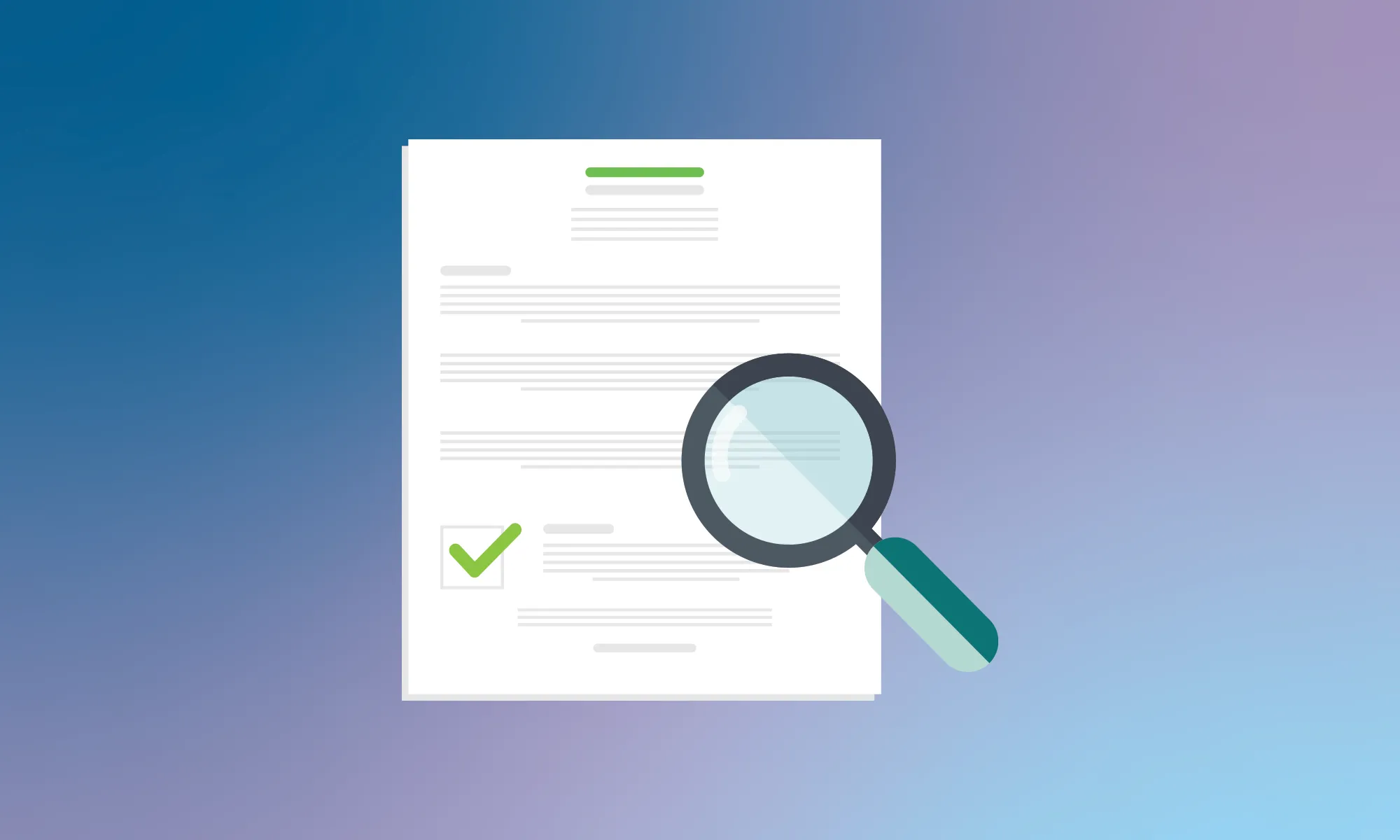Brazil Tax Guide for International Businesses
Summary
Standard Tax Rate
ICMS: between 0% - 35%, IPI: between 0% - 300%, ISS: between 0% - 5%, PIS-PASEP: 0.65% or 1.65%, COFINS: 3% or 7.6%
Digital Reporting Requirements / E-invoicing
Yes
Sales Tax on Cross-Border Electronically Supplied Services
No
Tax Authority Website
Federal Revenue Service of Brazil (Receita Federal)
Indirect Tax Rates in Brazil
Brazil has one of the most complex indirect tax regimes in the world. Although a federal law regulates the general rules applicable to State Tax (ICMS), each state publishes its own legislation that has some deviations from the federal law.
Below are the main taxes that are part of the Brazilian indirect tax system:
- State: Tax on Sales of Goods and Certain Services (ICMS) - Tax rates vary amongst Brazil’s 27 states; it could be 0% to 35% (for supplies within the same state) and 4%, 7%, or 12% (for supplies to a different state)
- Federal: Excise Tax (IPI) - 0% to 300%
- Federal: Social Contributions (PIS-PASEP/COFINS) - General rule is that PIS-PASEP rates are 0.65% or 1.65%, and COFINS rates are 3% or 7.6% - depending on the taxpayer's calculation regime. Some industries are subject to reduced rates for such contributions.
- Municipal: Service Tax (ISS) - 0% to 5% depending on the service.
Tax Registration Thresholds in Brazil
There is no minimum threshold for registration if a business supplies goods or services that are subject to IPI, ICMS, ISS, PIS-PASEP/COFINS, and has a permanent establishment in Brazil.
Learn more about Tax on Digital Services in Brazil
Brazilian Tax ID Number Format
- For individuals, CPF (Cadastro de Pessoas Físicas) applies to national and resident taxpayers. It consists of 11 digits, where the two last digits are the result of an arithmetic operation on the nine previous digits.
- For legal entities, CNPJ (Cadastro Nacional da Pessoa Jurídica) is the identification number, which is issued to entities (including companies, partnerships, and foundations). The first eight digits identify the legal person, the four digits after the slash identify the branch or subsidiary, and the last two digits are the result of an arithmetic operation on the previous digits.
Tax on Digital Services in Brazil
Non-resident providers of Electronic or Digital Services (also known as Electronically Supplied Services) to Brazil are not required to register for Tax in Brazil. This is not to be confused with Digital Services Taxes (DST) which is an entirely different tax.
In the case of a B2B transaction, the purchaser is required to assess and pay the applicable taxes by applying reverse charge mechanism.
Will your business need to pay Tax on digital services in Brazil in 2024?
Learn More About Tax on Digital Services in Brazil
Marketplace & Platform Operator Rules in Brazil
There are no special rules for online marketplaces and platforms in Brazil.
Invoice Requirements in Brazil
NFS-e (Nota Fiscal de Serviço Eletrônica)
NFS-e, e-invoicing for services, are regulated on a municipal level and required to taxpayers that supply services subject to ISS. The key mandatory elements for NFS-e are the following:
- The NFS-e must contain the identification of the service code in accordance with the items of the List of Services attached to the Complementary Law No. 116 of 2003, or "9999" for "other services when not specified by Law.
- The CNPJ information (i.e., the tax identification number for legal entities) of the service provider. This can be combined with the municipal registration number, which is only mandatory for certain municipalities.
- The month of the taxable event.
- Tax base (Valor Total de Serviços) minus deductible amounts authorized by law (Valor de Deduções).
- The applicable ISS rate defined by the municipality
- The applicable ISS amount, which is calculated by multiplying the tax base by the tax rate, noting that there are many exceptions that could impact this calculation (e.g., type of the service, whether a special taxation regime is applicable, etc.)
NF-e (Nota Fiscal Eletrônica)
NF-e, e-invoicing for supply of goods and certain services, are regulated on a Federal level and is required for transactions that are subject to ICMS and/or IPI.
- NF-e carries one of the most detailed e-invoicing schemas in the world - containing over 400 mandatory fields. The required information covers the taxpayer, recipient, payment terms, shipping information, and detailed line item information.
- Each transaction reported in an NF-e should refer to a "CFOP”(Tax Code for Operations and Supplies), which is a transaction type code that identifies the nature of the transaction and the tax treatment provided.
NFC-e
NFC-e, e-invoicing for supply of goods and certain services made to final customers, are regulated on a Federal level and required for transactions that are subject to ICMS and/or IPI when made to final customers.
NFC-e are similar to fiscal coupons that are issued mainly in relation to transactions that are completed using a POS or cash register (retail in general). NFC-e have been replacing cash register coupons over the past years.
E-Invoicing & Digital Reporting for Brazil
The first legislation on e-invoicing dates back to 2005, and the e-invoicing obligation is live as of 2008. e-Invoicing was introduced in Brazil as part of a broader project focused on a national public system for e-tax accounting and e-bookkeeping (SPED).
SPED is one of the most advanced and comprehensive e-compliance systems in the world, covering e-invoicing, e-bookkeeping for tax accounting, and other e-bookkeeping related to accounting, finance, and labor law records.
Learn more about E-Invoicing in Brazil
Governmental Body Responsible for E-invoicing and Digital Reporting in Brazil
- NF-e: State Secretary of Finance of the taxpayer's location (Secretaria de Estado da Fazenda)
- NFS-e: Finance Secretary of Municipalities (Secretária de Finanças Municipal)
- Federal Revenue Service of Brazil (Receita Federal do Brasil - RFB)
Tax Payments and Returns in Brazil
IPI (Federal Tax)
PIS-PASEP/COFINS (Federal Tax)
ICMS (State Tax)
ISS (Municipal Tax)
Depending on the responsible municipality, tax returns have different formats and due dates (it is usually a monthly return)
Penalties in case of late filings or misdeclarations
In the case of the late filing of Tax returns and payments, the Tax Authority enforces the following penalties:
- IPI (Federal)
- Between 20-70% of the tax due, depending on the taxpayer’s voluntary disclosure
- PIS-PASEP/COFINS (Federal)
- Between 20-75% of the tax due, depending on the taxpayer’s voluntary disclosure
- ICMS (State)
- Between 50% and 150% of the tax due, depending on the taxpayer’s voluntary disclosure
- ISS (Municipal)
- Depends on the municipality and the infraction
Disclaimer on Tax Advice
Fonoa does not provide professional tax opinions or tax management advice specific to the facts and circumstances of your business and that your use of the Specification, Site, and In addition, due to rapidly changing tax rates and regulations that require interpretation by your qualified tax professionals, you bear full responsibility to determine the applicability of the output generated by the Specification and Services and to confirm its accuracy. No professional tax opinion and advice. Fonoa does not provide professional tax opinions or tax management advice specific to the facts and circumstances of your business and that your use of the Specification, Site, and In addition, due to rapidly changing tax rates and regulations that require interpretation by your qualified tax professionals, you bear full responsibility to determine the applicability of the output generated by the Specification and Services and to confirm its accuracy.










